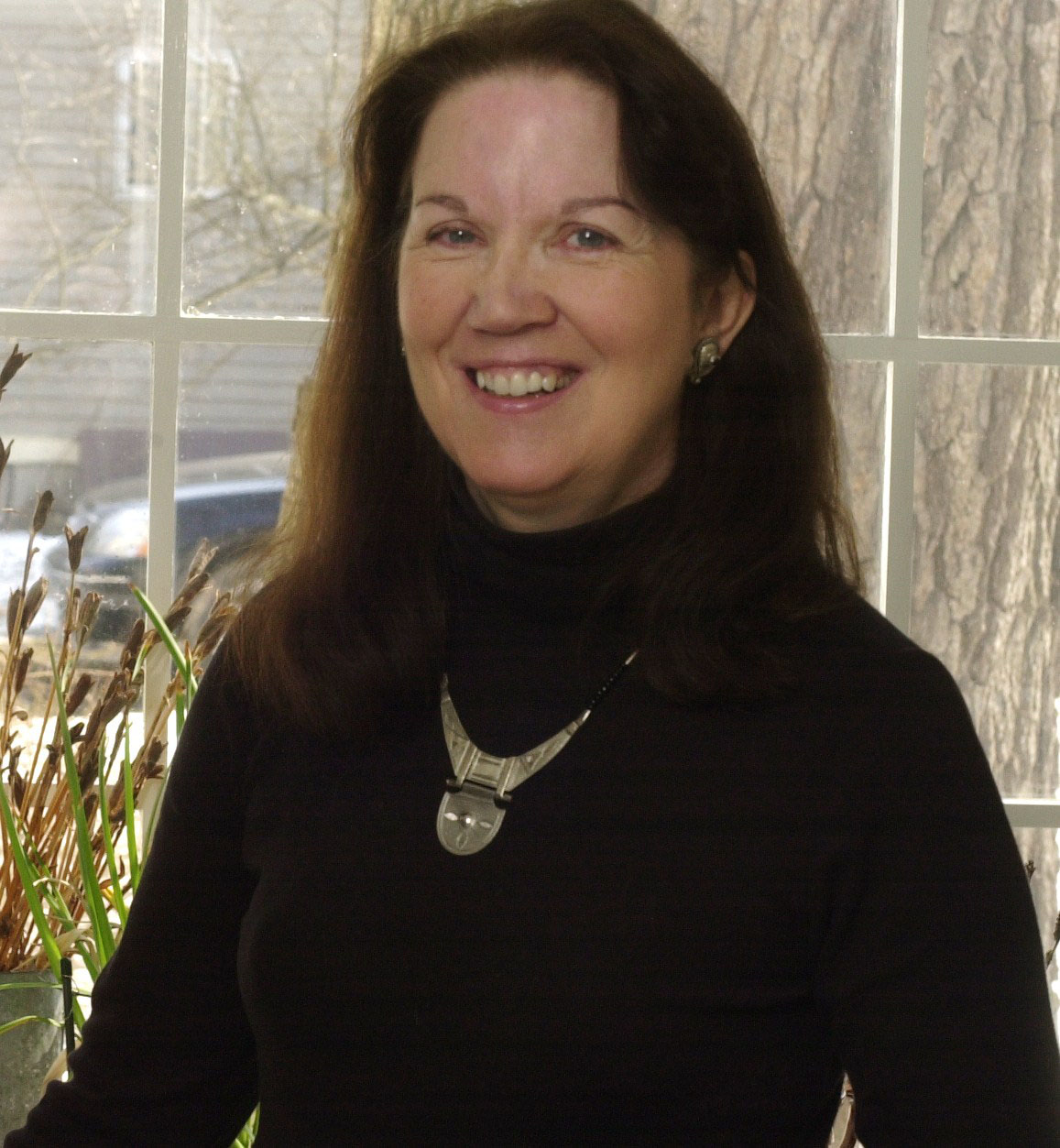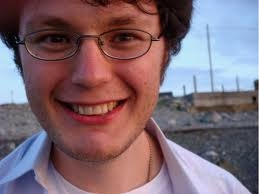Joan Murray: Where Are You? What Are You Doing Here?
P&W-supported poet, fiction writer, and playwright Joan Murray, author of Dancing on the Edge and Looking for the Parade, and recipient of two National Endowment for the Arts fellowships, blogs about readings and workshops conducted across New York State.
Years ago in an economic downturn, my family left New York City for Buffalo—a city that has two nicknames: "City of Good Neighbors" and "City of No Illusiions." I liked Buffalo for being both. It was welcoming and self-deprecating—as well as artistically progressive. Yet, I was puzzled when people kept asking me, "Where are you?"
 What they meant was: "Which college are you teaching at?" I'd been teaching college in New York City, and with my publishing credits, people assumed I must be at a college there. It still mystifies me how people can believe that teaching eighteen-year-olds at a college is prestigious and important, while teaching seventeen-year-olds or seventy-year-olds in the community isn't. At one of the first readings I did in Buffalo, I was introduced as having poems in the Atlantic Monthly, and Harper's, which made someone say, "What are you doing here? "
What they meant was: "Which college are you teaching at?" I'd been teaching college in New York City, and with my publishing credits, people assumed I must be at a college there. It still mystifies me how people can believe that teaching eighteen-year-olds at a college is prestigious and important, while teaching seventeen-year-olds or seventy-year-olds in the community isn't. At one of the first readings I did in Buffalo, I was introduced as having poems in the Atlantic Monthly, and Harper's, which made someone say, "What are you doing here? "
What I'm "doing" is bringing my writing to people, getting it on its feet, and sharing my moves with others who want to discover theirs. Last year, with P&W's help, I brought my writing to people at the Merritt Book Festival in Millbrook; the Wadsworth Library in Geneseo; the Thomas Cole Site in Catskill; the Elsewhere Café in Albion—as well as to a teen writing conference, a college literary club, a senior residence, and the Hudson Opera House.
But there's one place I keep returning to because it has an admirable mission and a fabulous view—Wiawaka Holiday House, the women's retreat on Lake George. Founded in 1903, by an industrialist's enlightened daughter who wanted factory women to have a holiday, Wiawaka now welcomes women of all backgrounds, asking the more advantaged participants to help subsidize the less advantaged.
My Wiawaka schedule usually involves a Saturday morning workshop, a Saturday evening reading, and a Sunday morning "poetry service" on the dock. Some participants come specifically to work with me. Others just drop by. One who stopped by last July wrote a poem that stunned the rest of us, and left her in tears. She told us afterwards that her husband had died suddenly that winter and she'd been numb inside till the poem released her.
I can't predict who I'll be working with at Wiawaka. It might be members of a lesbian book club, along with cancer survivors and serial knitters. And I can't predict how things will go. Once when I was reading a poem about a violent incident, a knitter exclaimed, "If that's contemporary poetry, I don't want any of it!" What was my take-away from that? Obviously, the poem had done its job (who knows where the emotion took her later). But, more immeditately, another knitter gave me a terrific discount on a scarf.
But my big take-away is the active, authentic engagement with people (lots of different people), which can be stimulating to a writer, as well as challenging and fun.
Photo: Joan Murray. Credit: David Lee.
Support for Readings/Workshops in New York is provided, in part, by public funds from the New York State Council on the Arts, with additional support from the Friends of Poets & Writers.





 One Red Hen book I read recently moved me, the new novel by P&W-supported writer David Matlin, “A HalfMan Dreaming”—a second installment in his epic trilogy about the beauty and violence of the American landscape. Lupe, a protagonist is taken from the world of rose farms and egg ranchers in post-World War Two America, from a town haunted by the Enola gay and the nuclear Bomb, to prison in Detroit. The book is as terrifying as it is gorgeous, with beautiful, sensuous prose.
One Red Hen book I read recently moved me, the new novel by P&W-supported writer David Matlin, “A HalfMan Dreaming”—a second installment in his epic trilogy about the beauty and violence of the American landscape. Lupe, a protagonist is taken from the world of rose farms and egg ranchers in post-World War Two America, from a town haunted by the Enola gay and the nuclear Bomb, to prison in Detroit. The book is as terrifying as it is gorgeous, with beautiful, sensuous prose. To write about their struggles, Johnson said, the participants had to have their “hearts wide open.” She asked that audience members reciprocate.
To write about their struggles, Johnson said, the participants had to have their “hearts wide open.” She asked that audience members reciprocate.